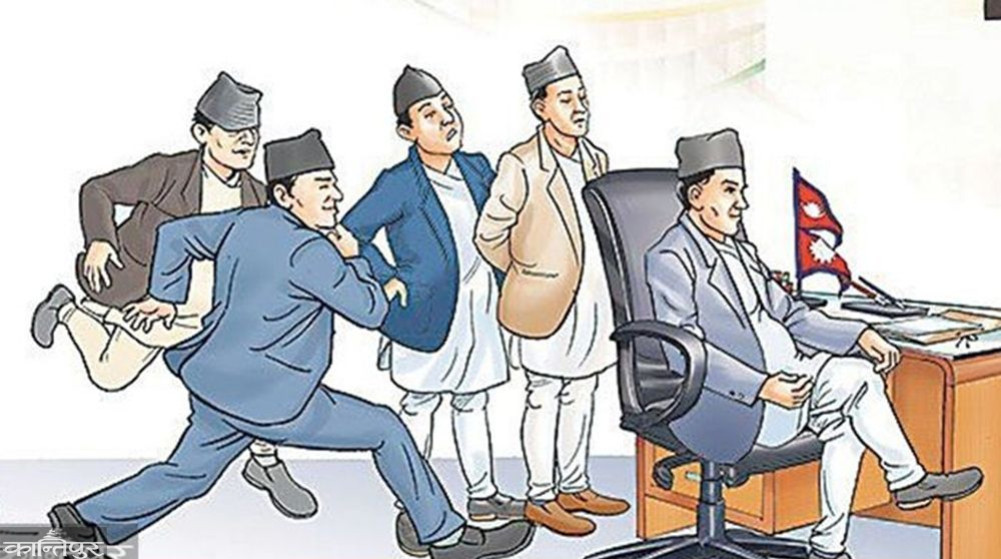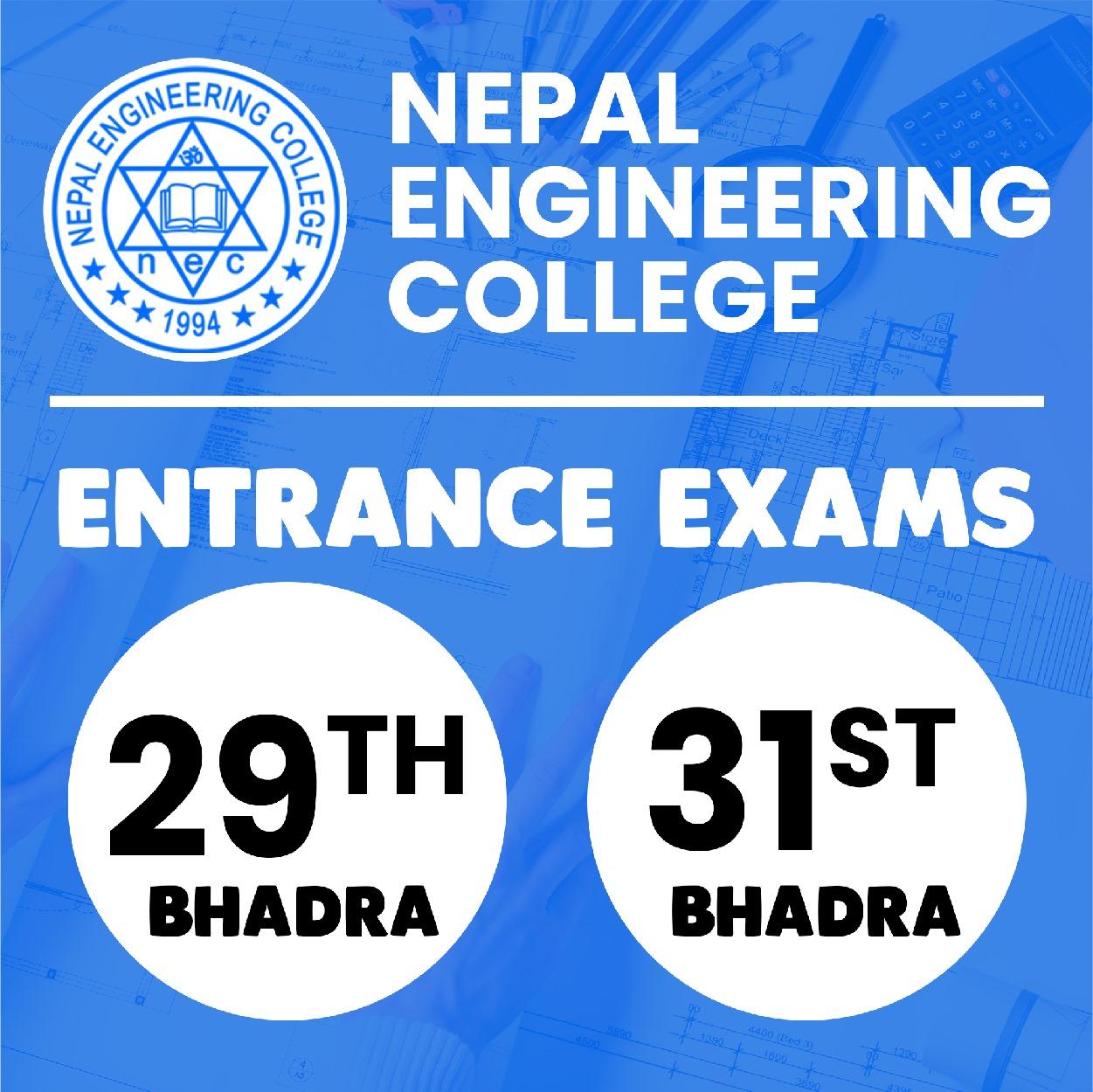The essence of a democratic republic
We use Google Cloud Translation Services. Google requires we provide the following disclaimer relating to use of this service:
This service may contain translations powered by Google. Google disclaims all warranties related to the translations, expressed or implied, including any warranties of accuracy, reliability, and any implied warranties of merchantability, fitness for a particular purpose, and noninfringement.


It has been a decade and a half since the establishment of the Republic in the country. The first meeting of the Constituent Assembly, which was formed after the election of the Constituent Assembly in accordance with the interim constitution issued after the people's movement, formally declared the Federal Democratic Republic of Nepal, ending the autocratic monarchy on 15th May 2065. The subsequent Constituent Assembly Dr. Ramvaran Yadav was declared the first President of the Republic of Nepal.



The Nepali people are free from the tragic atmosphere of the autocratic royal rule of the then King Gyanendra Shah for seven years after the violent war conducted by the then Maoists for more than 10 years and the palace massacre of 058 June 19. Nepalis are practicing a new democracy in South Asia when they reached the declaration of a republic through the 2062/63 people's movement and the Constituent Assembly elections. As the advanced practice of democracy is considered to be democracy, the citizens are able to feel the freedom. A republic is not only a change of individuals in governance, but also the right of the people to participate in the flow of state power. It is time to review the implementation of not only republican customs, culture, customs and behavior, but also change in behavior. It is natural to question the justification of the establishment of the republic as the Federal Democratic Republic sets the goal of justice for the disadvantaged and income for the poor along with the political, economic, social, religious and cultural freedom of the citizens.
The politics of Nepal is going through a brutal review about what is the essence of the philosophy carried by the Federal Democratic Republic. Today is called the era of republic. A democratic republican government has been introduced. A federal structure has been created. 753 local levels, seven provinces and the federal government are in operation. But citizens are raising questions about its justification and functioning. Attempts are being made to spread the sound of despotic monarchy in the loud voice of the republic. The voice of the monarchy has faded in front of the republican consciousness, but we are not yet capable of practicing an inclusive republic. The question of inclusiveness is being raised in this republic and constitution. It has to face the tendencies of the rulers, the agitation of the people and the interventionist policies of foreigners.
The Nepalese were not only looking for the exit of autocratic monarchy in the dream of republic. He also sought employment, development, opportunity, tolerance and peace. That's why the people who came out on the streets today said - 'The system has changed, the situation has not changed. The government has changed, but the culture has not changed. If you go to the terminal of Tribhuvan International Airport and observe for an hour, you can see with your own eyes how dissatisfied the youth are with the republic. A young man from the lower middle class is shocked when he gets a visa to the Gulf, while a young man from the middle class of the Sahara is seen throwing a happy party when he gets a visa for Europe and the US on the pretext of studying in the country without seeing an opportunity. It is believed that change should not only be heard, but also seen and felt. It is said that the feeling of republic should be found in the dimensions of social life, but the current situation of Nepal does not seem like that.
Today's republic was not easily achieved. In the absence of freedom of speech and political freedom, the right to information before the republic, the hard work done by the elders for the republic should not be underestimated. The alternative of the republic should be found within the republic, if the main achievement cannot be institutionalized while correcting the weaknesses in the government system, then it cannot be called the era of the republic. I recently returned from a tour of the hilly districts of eastern Nepal. Reaching the doorsteps of the people, one could hear a lot of dissatisfaction that the current parties could not fulfill their expectations. Unsettled politics, extreme abuse and exploitation of state power have affected the masses.
The republic we have adopted is neither independent nor monarchical. Even though it is called federal, inclusive and pluralistic JJ, the form of republic practiced in Nepal is considered to be truly excellent. But after reaching a leadership role, especially the people at the lower level are getting upset when the tradition of showing the style of the monarchy is established. Partying in the name of the republic that makes the people the ruler and the constitutional abuses done by partying have already started showing signs that the governance system will become ugly.
Many examples of this can be seen from the dictatorial character of the leader of the current government led by the communist parties. Rulers are making fun of accountability and people's sacrifice. After the constitution was promulgated in 2072, the then President Bidya Devi Bhandari, on the recommendation of the then Prime Minister KP Sharma Oli, dissolved the Parliament on 5th January 2077 and disrespected the governance system brought by the people. In fact, the current arrangement does not envisage the dissolution of Parliament. Expects a respectful response to the minor problems of common citizens. People have high hopes for good governance, corruption control and delivery. But Nepal is falling into the clutches of extreme poverty.
Fake Bhutanese refugee, Lalita Niwas, Omni, Yeti, Security Press, Widebody, Giribandhu Land Scandal, things are going on today from the current home minister of the government to misappropriating the funds of cooperative savers. After setting new records of corruption and misrule, it seems that there is great anger, dissatisfaction and disgust among the people towards the government and parties. UML leaders/activists, who have been ruling the roost for decades on the money saved in cooperatives by eating a shilling, cannot be thought of as obstructing the inquiry committee. The attack on the press started with the arrest of Kailash Sirohia, president of Kantipur Media Group, after the large ranks of UML were worried about misappropriation of cooperative funds. This is definitely not a good sign. Obstructing the inquiry committee to protect the home minister and UML leader is sure to destroy the essence of the republic. By making a mockery of the rule of law and going down on Sirohia, it clearly shows a sense of vindictiveness and depravity. The current government's anarchic and anti-constitutional tendencies have been exposed by the trend of arresting people without even giving them a chance to express their views, even though they can be called to the police office and investigated.
On the whole, the current Left-RP alliance seems to be working to take the country towards autocracy and respect the republic. The tension between the ruling party and the opposition is making a mockery of the republican system due to the Congress's demand for a parliamentary inquiry into the misappropriation of the funds of the cooperative's savers and the ruling party's stand to deny it. Prime Minister Pushpa Kamal Dahal, who has received the vote of confidence four times within a year and a half, is looking at Ramita as the cause of political instability. Under the direction of the UML party, under the direction of devaluing the position of the speaker, the parliament is being developed as a place to use force and the voice of the people is being silenced.
Although the House is said to be a conflicting place of ideas and principles, the problem cannot be solved by silencing the voice of the people's representatives elected by the people. If there is an attack against the values and principles of the constitution and democracy in order to protect the co-operative thugs, another struggle may begin. This is definitely not a good sign for the infant republic of Nepal.
– Sangraula is a Congress central member.
 प्रकाशित : जेष्ठ १५, २०८१ ०६:५८
प्रकाशित : जेष्ठ १५, २०८१ ०६:५८

 २२.१२°C काठमाडौं
२२.१२°C काठमाडौं
















